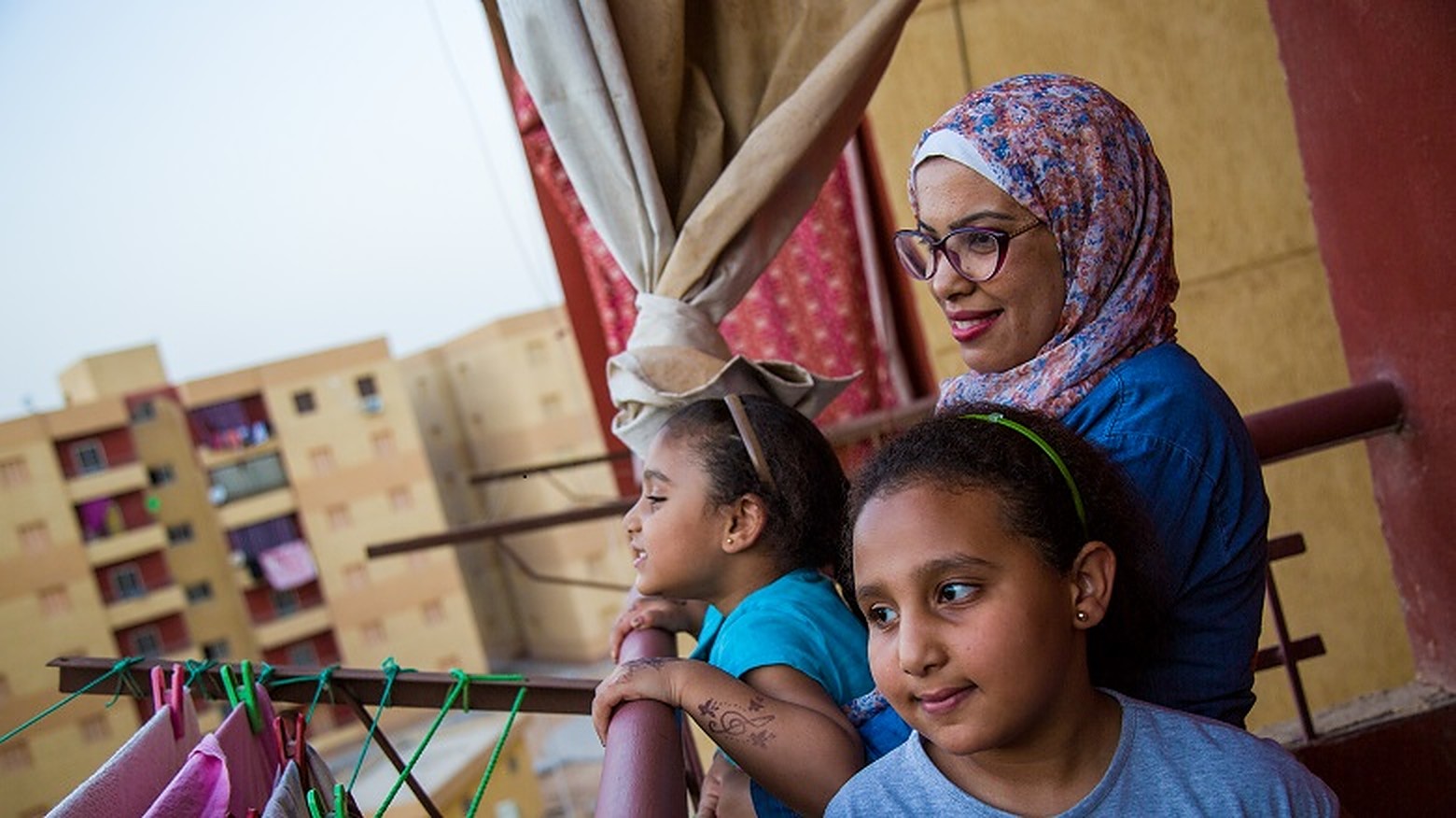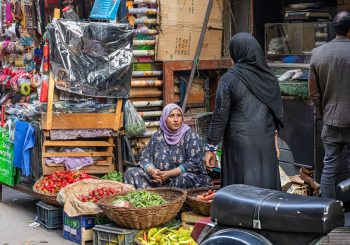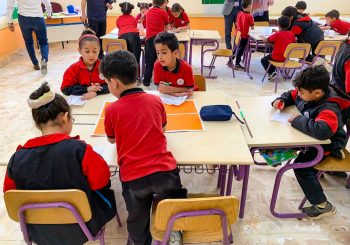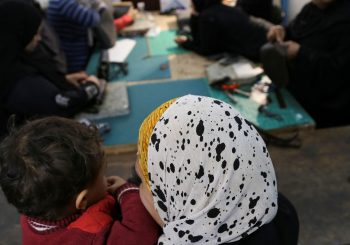The impact of inflation isn’t felt equally by all Egyptians. For the upper middle class, it translated to switching to cheaper purchasing options or resorting to assets that can appreciate in value, such as stock or investments. But for the lower working class, it translates to more limited options, or spending days not purchasing anything at all.
Egypt’s annual urban consumer inflation has spiked to 15 percent, its highest in four years, according to data from the Central Agency for Public Mobilization and Statistics (CAPMAS). However, for the majority of workers, higher price inflation is eroding the real value of what they earn.
For them, economic hardship is not felt occasionally, but from the moment they wake up: having to eat less varieties of food due to fewer household products being available, depending on day-to-day income, and not knowing whether they will have enough income to live healthily sufficiently the next day.
Sufficiency and good health are not the prime goals. Instead, it is survival.
This is sharpened by the fact that many single-parent households, particularly those headed by women, face greater financial fragility and difficulty in obtaining pensions and employees’ rights. Four years ago, the latest data revealed that the annual household expenditure per capita reached USD 693.931(EGP 16,819.57). Yet with the rise in inflation, people like Um Hassan* depend on a EGP 323 monthly income to sustain their entire household expenditure.
Um Hassan*, who lives in Imbaba — a working-class neighbourhood in northern Giza — works as a cleaner and tea and coffee maker in one of Egypt’s government institutions. From a young age, she worked to support her family, but when she got married at the age of 18, Um Hassan* became a housewife.
This all changed when her husband died three years ago.
“I never knew that he was sick, we don’t usually know or notice these things,” she says. “We were having iftar during Ramadan at my sister’s house, and we were having a great time. He then got tired all of a sudden. He walked up to stare outside the window, and his head began moving side to side. I initially thought he was dizzy, but then he immediately fell on the floor and died.”
Without any warning, Um Hassan* became a single mother overnight. Her daughter married after finishing high school, and her only son has been struggling to find a stable job, working as a store salesperson occasionally. For nine months, she sought government pensions or insurance but failed to receive any as she was not considered to be a formal employee.
“I worked on a day-to-day basis, so I was not officially employed. For nine long months, I had no protection, no inheritance, and no formal job. It was the most difficult time of my life.”
A year later, she was hired at a government institution with the help of the Takaful and Karama (Solidarity and Dignity) programme, a cash transfer programme by the World Bank to support 5 million families, which is around 22 million Egyptian families. However, her daily income is barely sufficient to keep her resilient in the face of soaring prices.
“Everything became too expensive, and it continues to increase nearly everyday,” she tells Egyptian Streets. “One litre of sunflower oil was EGP 42 (USD 1.74) a few days ago, and now it is suddenly EGP 48 (USD 1.98). Even EGP 100 (USD 4.13) is not enough to purchase enough groceries for one week. One piece of chicken alone costs EGP 100 (USD 4.13), and so it is difficult for me to cook everyday, because there is not enough food.”
Surging prices and rising economic uncertainties also doesn’t help the health of low-income families. Over the years, due to a poor diet, Um Hassan* has struggled to receive medical insurance to treat her heart condition.
“My health has deteriorated over the years, and I haven’t been going to work recently because of that issue. It has become incredibly hard to pay for medical care.”
Um Nada* is another single mother, who works as a cleaner on a day-to-day basis, moving constantly between different houses and government institutions. In total, she makes around EGP 1,200 (USD 50.43) a month, which she says are not enough to help her cook for her family everyday.
“There are a lot of days where I go and eat at my friends’ house or they eat at my house throughout the week, because we cannot afford to eat individually everyday,” she says. “I also have two kids that recently began their school years, and they need school bags, pencil cases, notebooks and many other education materials. One school bag alone costs EGP 100, so sometimes my friends and I pool our money together to pay for all the school expenses.”
New policies
The struggle of the working class calls for new policies, as there is a need to grapple with the question of how to help low-income families navigate the new realities of economic uncertainty.
Though Egypt has introduced a number of policies that are aimed at reducing poverty, namely Hayah Karima (Decent Life), other economists argue that the solution is rooted in addressing the imbalances in power in the economy, where low-income workers cannot voice their challenges, needs and concerns.
In times of crisis, larger institutions and companies are given the upper hand in dealing with workers, usually having the final say on whether to fire or hire employees or raise their wages.
However, employees also need to restore their bargaining power. Strong unions are able to set job-quality standards that nonunion businesses have to meet in order to compete for workers. According to recent research, unionised individuals in Egypt receive higher wages, yet they vary according to occupations and sectors.
With rising economic uncertainty, Egypt’s low-income working class will have to battle not just rising living costs, but also the rising power of companies and institutions. More research is needed regarding the relationship between unions, wages and inequalities in the Egyptian economy.
*Names have been changed for safety reasons.







Comments (6)
[…] and programs targeting low-income citizens. As successive economic shocks continue to threaten the country’s poor, how can policymakers scale up efforts to keep the most vulnerable afloat? How can social policy be […]
[…] also no turning a blind eye to poverty in Downtown Cairo. Beggars have multiplied in numbers amid a worsening economic crisis; ‘for sale’ signs hang over abandoned storefronts; art galleries turned into […]